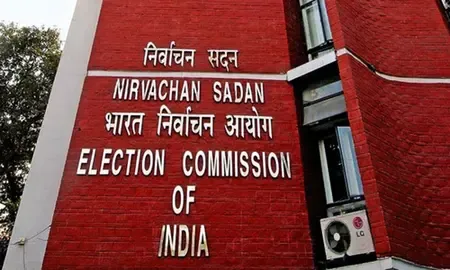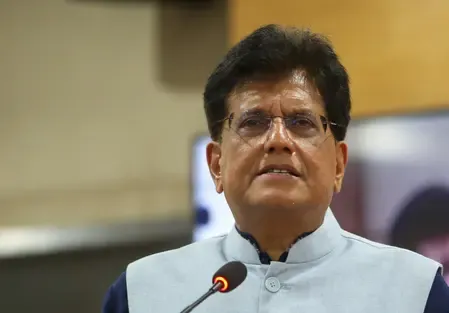Supreme Court to Address Pollution Cases in Delhi and Other Cities Today

New Delhi, Dec 19 (NationPress) The Supreme Court is gearing up to extend its scrutiny of air pollution issues to additional cities across India in a hearing planned for Thursday. A Bench led by Justice Abhay S. Oka has requested comprehensive data from the Central government about the most polluted cities in the country, signaling that the matter will be approached in multiple phases.
This development follows the proceedings from December 16, where the Division Bench of Justices A.S. Oka and A.G. Masih oversaw the pollution crisis in Delhi, underlining the capital’s failure to adhere to the Solid Waste Management (SWM) Rules, 2016.
The Bench cautioned the Delhi government about possible contempt actions due to non-compliance and summoned the Chief Secretary of Delhi to clarify the circumstances.
In reaction to the worsening air quality in Delhi and neighboring areas such as Noida, Ghaziabad, Greater Noida in Uttar Pradesh, and Gurugram, Faridabad in Haryana, the Commission for Air Quality Management (CAQM) reinstated Stage-IV restrictions under the Graded Response Action Plan (GRAP) late Monday night. The AQI in the region surpassed 400, necessitating the strictest measures to tackle the alarming pollution levels.
According to a statement from the CAQM, the Stage-IV measures, issued on December 13, 2024, following the Supreme Court's instructions, include halting construction and demolition activities, limiting non-essential industrial operations, and enhancing traffic management. These actions complement the ongoing measures under Stages III, II, and I of the GRAP.
The Supreme Court has previously ordered Stage-III measures when the AQI exceeds 350 and Stage-IV when it exceeds 400. Despite earlier GRAP Stage-III measures, pollution levels have deteriorated due to adverse meteorological conditions, including a lower mixing layer height and stagnant winds.
The Delhi NCR region often experiences severe air quality issues during the winter months, exacerbated by local emissions, stubble burning, and weather patterns. Authorities have advised residents to limit outdoor activities and favor public transport to mitigate emissions.









